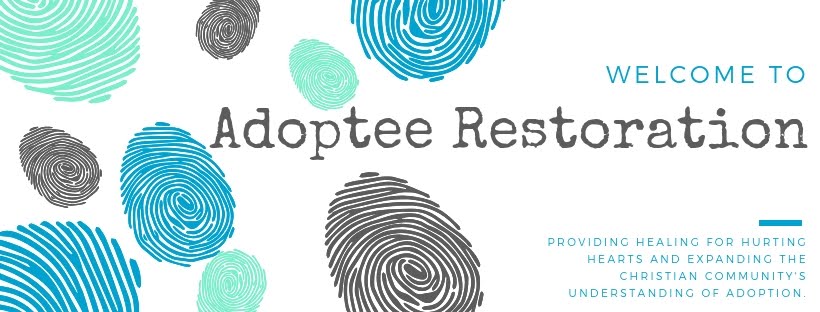Nothing can send me over the rails faster than lies.
Most adoptees I have met seem to be allergic to lies.
Maybe that's because so many of us have been expected to accept them for so long.
Most adoptees I have met seem to be allergic to lies.
Maybe that's because so many of us have been expected to accept them for so long.
Adoption issues are an area where many Christians give lying a pass at times, because they feel the good outweighs the bad. Some Christians I meet believe that if a person's history is complicated or puts another person in a less-than-positive
light, lying is understandable.
They don’t call it a lie.
Many times it’s an omission. Otherwise known as "lying by omission."
The definition of lying by omission is: “Otherwise known as exclusionary detailing, is lying by either omitting certain facts or by failing to correct a misconception.”
Why do I single out Christians?
Because I am one.
And I know what the Bible says.
We are supposed to live true, and stand for truth - not lies. But adoption circumstances seem to be an exception for some or even most. Take for instance, the fact that all amended birth certificates contain lies -- and I'd be hard pressed to find even a few Christians who agree with the statement I just made.
They think it's perfectly normal to have a certificate of birth that says a woman delivered a baby who actually never did. That's the first lie that is on an ABC but there are more, of course.
Because I am one.
And I know what the Bible says.
We are supposed to live true, and stand for truth - not lies. But adoption circumstances seem to be an exception for some or even most. Take for instance, the fact that all amended birth certificates contain lies -- and I'd be hard pressed to find even a few Christians who agree with the statement I just made.
They think it's perfectly normal to have a certificate of birth that says a woman delivered a baby who actually never did. That's the first lie that is on an ABC but there are more, of course.








